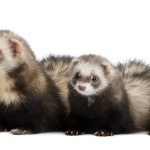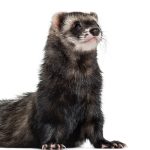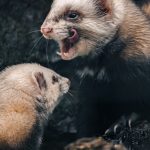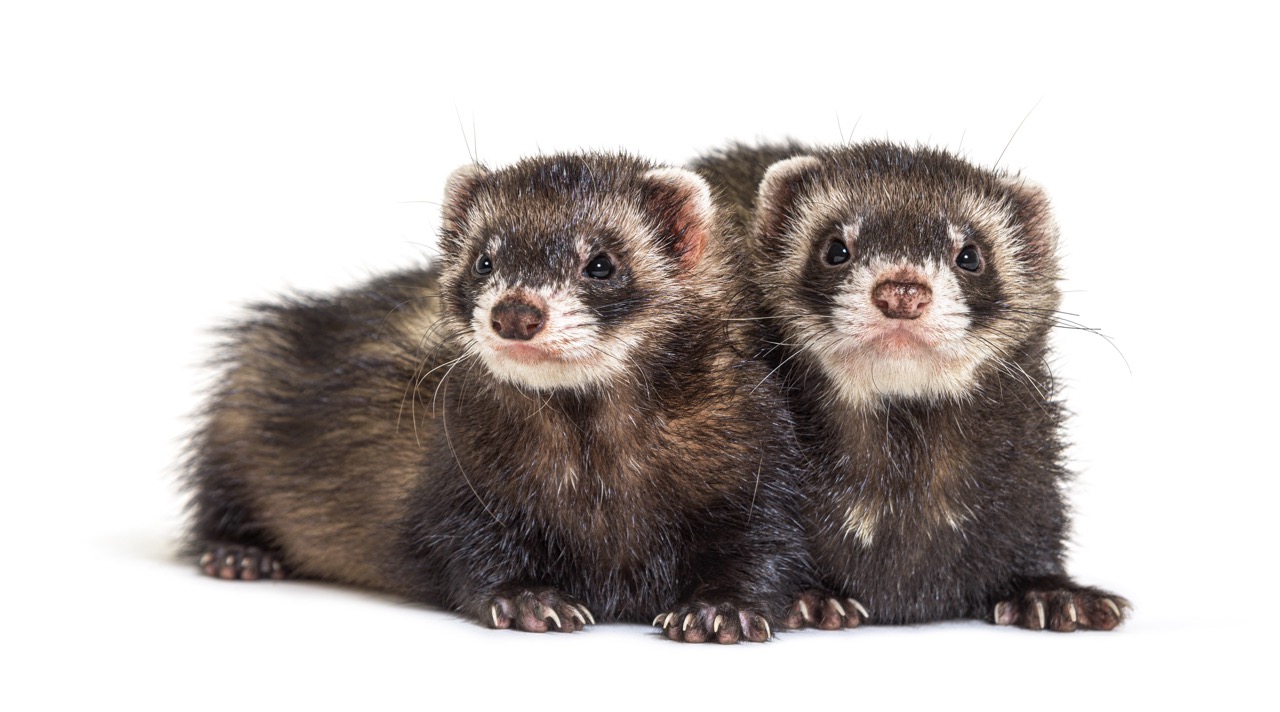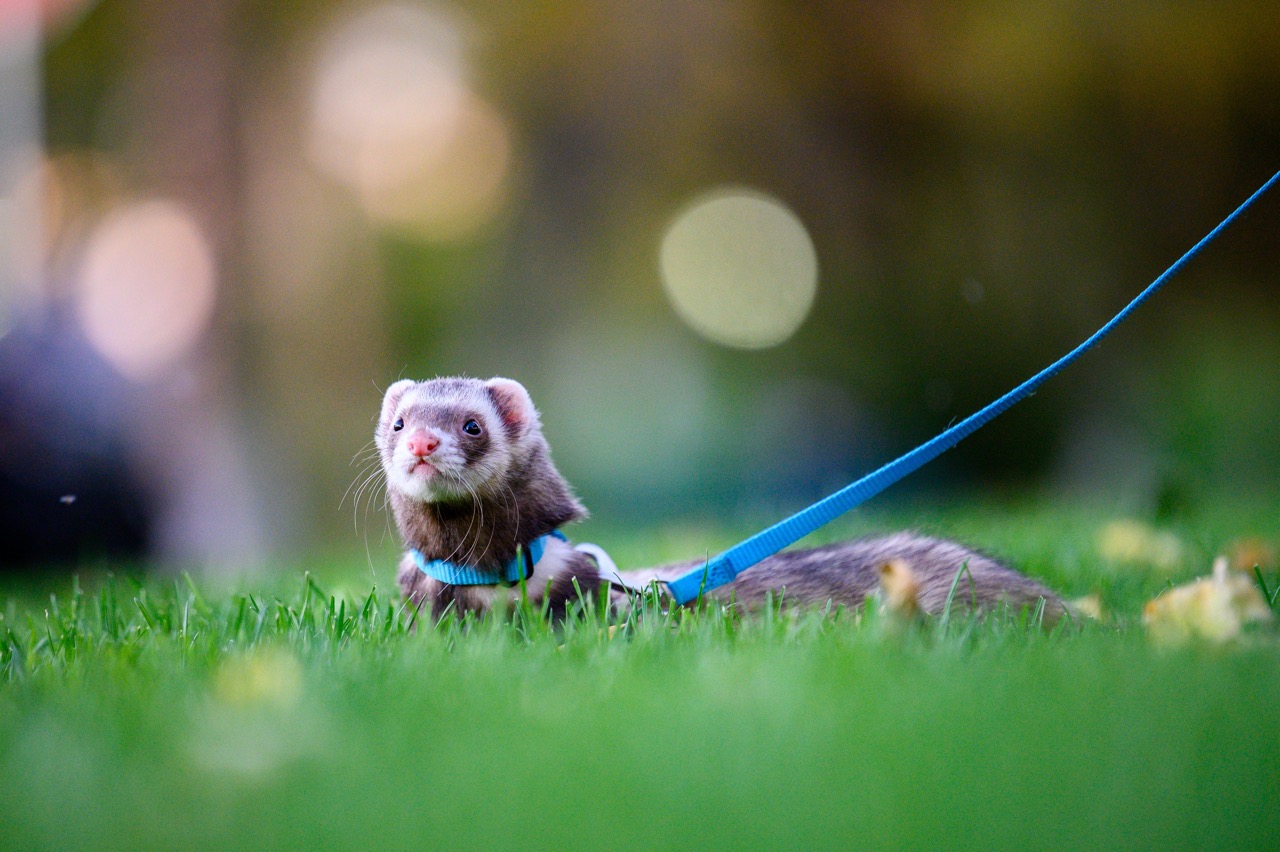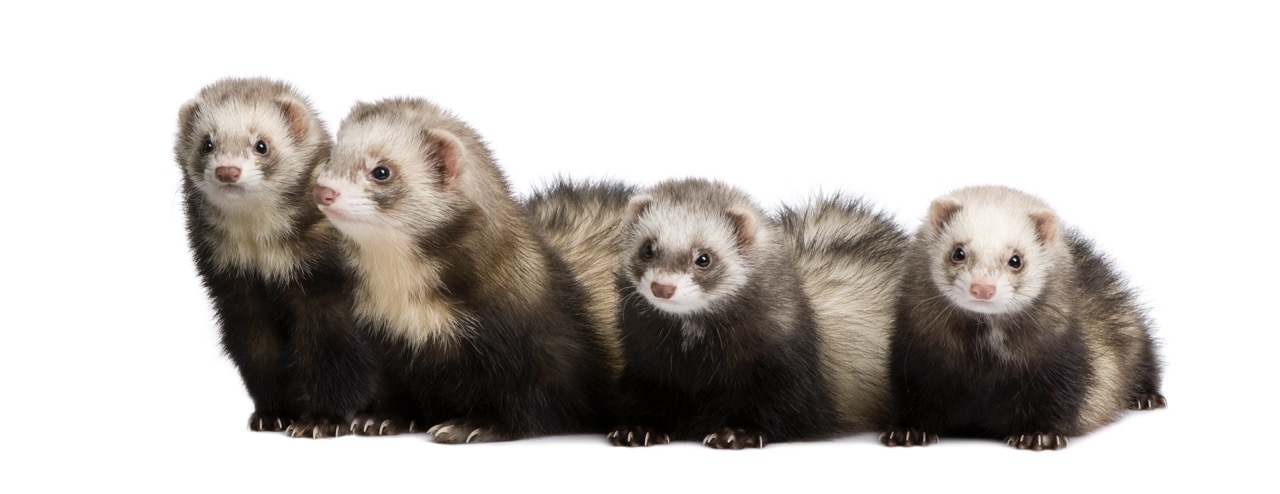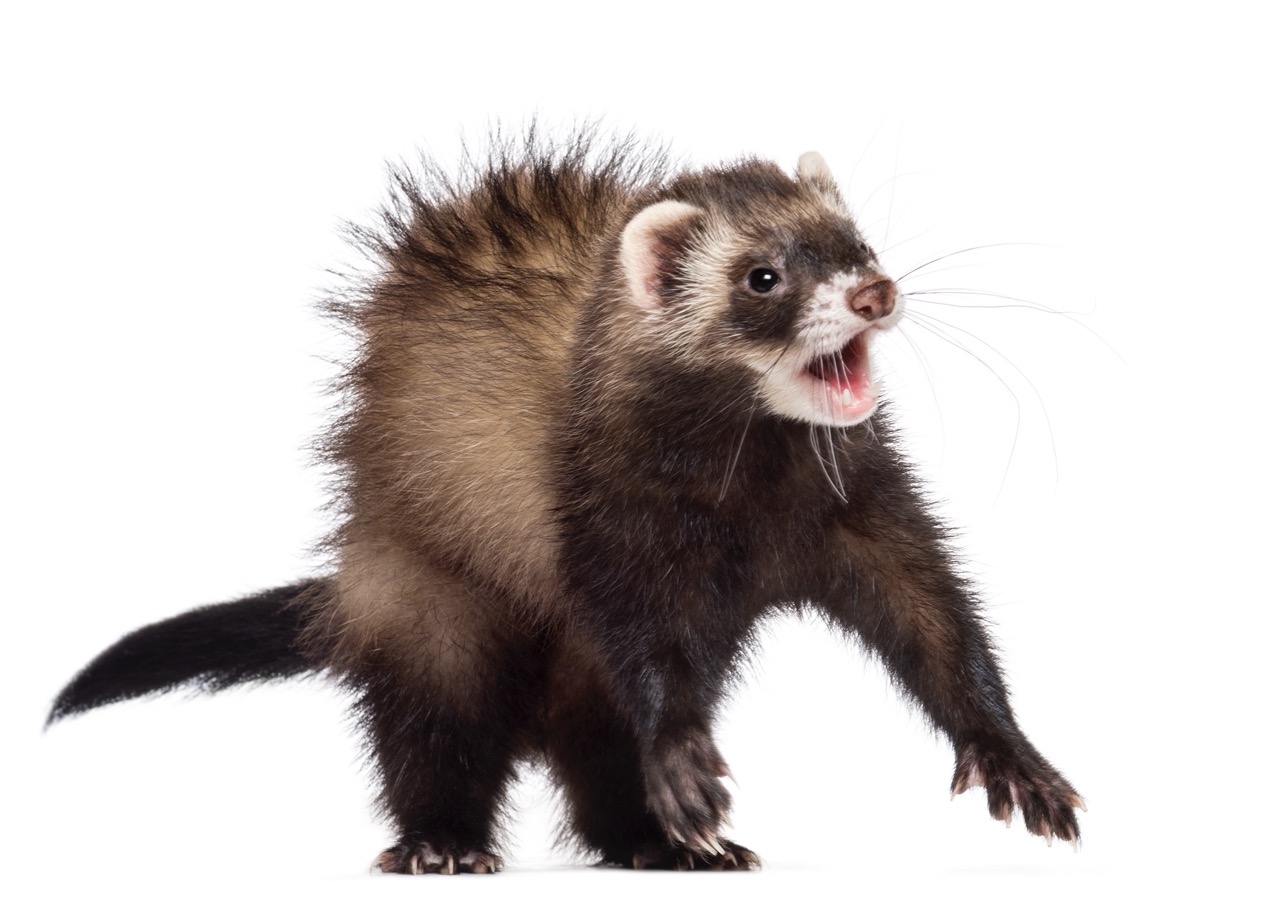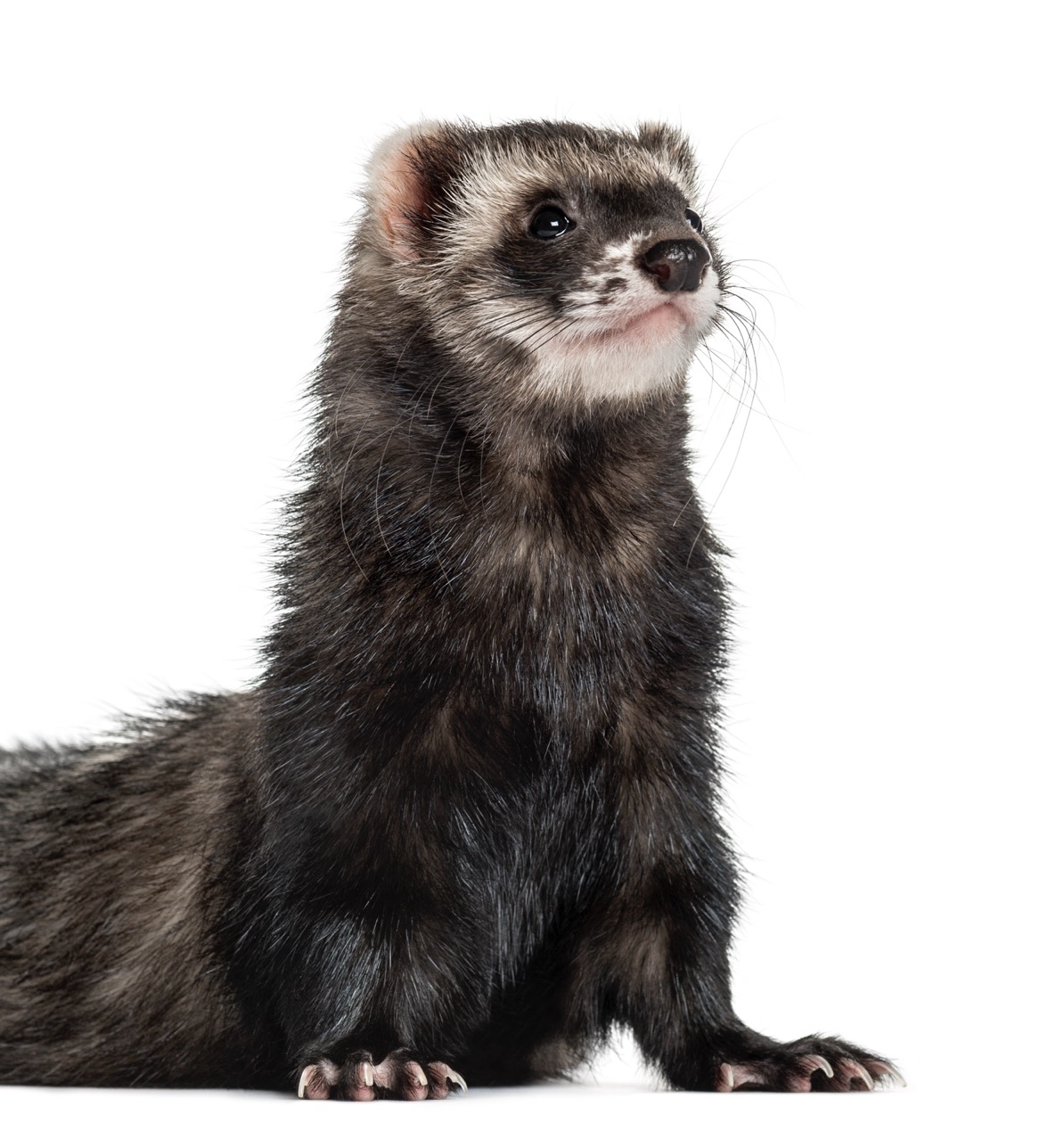Ferrets are fascinating creatures, often regarded as playful and energetic companions. Their unique biology contributes significantly to their independence, making them one of the more low-maintenance pets. Understanding the anatomy, natural instincts, social structures, and dietary requirements of ferrets can help potential owners appreciate how these animals thrive on their own. This article delves into the biological and behavioral traits that shape the independent nature of ferrets.
Understanding Ferret Anatomy and Physiology for Independence
Ferrets possess a distinctive anatomy that enables them to lead an independent lifestyle. With elongated bodies and flexible spines, ferrets are designed for agility and exploration. Their muscular structure allows them to navigate through tight spaces and engage in playful activities without needing constant supervision. This physical adaptability means that ferrets can entertain themselves effectively, reducing their dependence on human interaction for stimulation.
Additionally, ferrets are equipped with a highly developed sense of smell, which is approximately 1,000 to 2,000 times stronger than that of humans. This keen olfactory capability plays a crucial role in their independence, allowing them to explore their environments, locate food, and engage in natural behaviors without relying heavily on their owners. The sensory equipment of ferrets not only aids in their exploration but also contributes to their ability to assess their surroundings, giving them confidence to venture out on their own.
Moreover, ferrets have relatively low energy requirements compared to other pets. Their physiological makeup allows them to thrive on a diet that meets their basic nutritional needs without excessive consumption. This means that ferrets can comfortably manage periods of solitude or minimal interaction, making them ideal pets for busy individuals who may not have the time to engage with their pets continuously.
The Role of Natural Instincts in Ferret Behavior Patterns
Natural instincts play a significant role in shaping ferret behavior patterns, contributing to their independent nature. As descendants of wild polecats, ferrets have strong predatory instincts, which drive them to hunt, stalk, and play. These behaviors manifest in their daily activities, where they often engage in solo play, exploring their environment and honing their natural skills without the need for a companion.
Ferrets also exhibit a strong instinct for burrowing and hiding, which is a trait inherited from their ancestors. This behavior not only provides a sense of security but also encourages them to seek out their own spaces for rest and play. The ability to create a haven for themselves allows ferrets to enjoy personal time, reinforcing their independent behavior. Such instinctual habits help them thrive in a variety of environments, whether at home or in the wild.
In addition, ferrets are known for their curious nature, which drives them to investigate and explore their surroundings. This curiosity fosters a sense of independence as ferrets learn to navigate their environment, find entertainment, and engage in self-directed play. Their instinctual behaviors support a lifestyle that does not necessarily rely on human interaction, showcasing their ability to thrive independently.
Social Structures: Why Ferrets Thrive in Solo Environments
Despite being social animals by nature, ferrets are remarkably adaptable and can thrive in solitary environments. In the wild, ferrets primarily live in small groups, but they are also capable of living alone without suffering from loneliness. This adaptability is rooted in their evolutionary history, where survival often depended on individual cunning and stealth rather than social dynamics. As a result, domesticated ferrets can comfortably exist in a home environment even when left alone for extended periods.
When kept as pets, ferrets can exhibit a level of independence that allows them to entertain themselves. They are known to engage in solitary play, using toys and exploring their surroundings, which satisfies their need for mental stimulation. Owners may notice that even when left alone, ferrets will find ways to amuse themselves, showcasing their ability to cope with solitude. This independence is a significant advantage for busy individuals who want a furry companion but may not have the time to provide constant attention.
Furthermore, ferrets are generally tolerant of each other when kept in groups but do not require social interaction with other ferrets to feel fulfilled. This tolerance allows for flexibility in their care, as they can be housed alone without experiencing significant behavioral issues. Their independent nature means that they can thrive in varying social structures, making them suitable pets for a wide range of living situations.
Dietary Needs and Self-Sufficiency in Ferret Care Practices
Ferrets have specific dietary needs that align with their biology as obligate carnivores. Their digestive systems are optimized for processing protein, requiring a diet rich in meat, low in carbohydrates, and formulated to meet their nutritional requirements. This focus on protein-rich foods means that ferrets can achieve self-sufficiency in their care, as long as their owners provide appropriate diets, including high-quality ferret food and occasional treats.
The self-sufficient nature of ferrets also extends to their feeding habits. Many ferrets are adept at regulating their food intake, often eating only when they are hungry. This natural instinct allows them the independence to manage their diet without constant monitoring. As long as they have access to fresh water and their dietary needs are met, ferrets can maintain healthy eating patterns, reducing the need for frequent supervision during feeding times.
Moreover, understanding the dietary habits of ferrets can lead to more responsible pet ownership. Owners are encouraged to establish consistent feeding schedules and provide a balanced diet that caters to their ferret’s needs. This proactive approach not only ensures the health and well-being of the pet but also enhances its ability to thrive independently. By recognizing their dietary patterns and requirements, ferret owners can foster an environment that supports their pets’ self-sufficiency.
In conclusion, the biology of ferrets plays a crucial role in shaping their independent nature. From their unique anatomy and instinctual behaviors to their dietary needs, these small animals are well-equipped to thrive with minimal dependence on human interaction. Understanding these traits allows potential ferret owners to appreciate the complexities of their behavior and provides insights into how to care for these extraordinary pets. With the right knowledge and preparation, ferrets can lead fulfilling, independent lives while enriching the lives of those who choose to share their homes with them.

